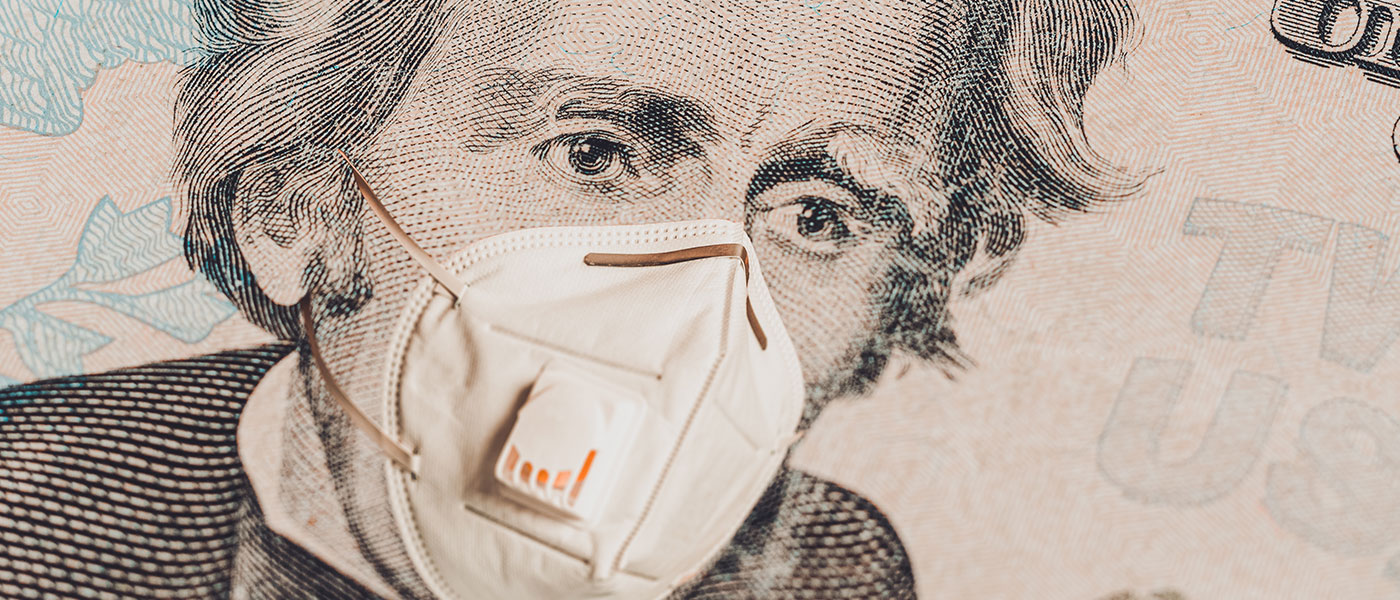Don’t Think That COVID-19 Masks Illicit Cannabis Operators From Enforcement
It is a false sense of security to think that the COVID-19 pandemic will essentially terminate cannabis enforcement initiatives throughout California.
Anyone conducting business in cannabis surely knows that under Federal law (Controlled Substances Act 21 U.S.C. 801) marijuana is designated as a Schedule I controlled substance due to the historical belief that it has a high potential for abuse, no currently accepted medical use in treatment, and lack of accepted safety for use under medical supervision. So the risk is apparent that at any time Federal authorities could come and shut you down but don’t think that just because cannabis is legal in California, you do not have to worry about the State.
California law mandates that you can only sell cannabis if you have obtained a license to do so. These licenses being issued by the BCC. If you don’t have a license, then selling cannabis or transporting it in order to sell it is still a crime under H&S Code §11360.
Enforcement in Los Angeles
On July 13, 2021, the Los Angeles County Board of Supervisors voted to collaborate with federal, state and local officials to shut down illegal cannabis grow operations in the Antelope Valley, while agreeing to reconsider a longstanding county ban on commercial marijuana. In addition to pushing for more authority and resources from the state to battle illegal growers, the board agreed to allocate $250,000 for more sheriff’s patrols in the area. The board also asked for a report on the potential for more funding through this year’s supplemental budget. The county’s prohibition on marijuana dispensaries in unincorporated areas has been in place since 2010 and was broadened in 2017 to include the cultivation, manufacture, testing and distribution of the drug for other than personal use.
Reducing the number of illicit cannabis sellers and growers in Los Angeles has long been a top priority for licensed businesses, which say they cannot compete on pricing since legal recreational sales took effect in January 2018.
Penalties For Selling Cannabis Without A License.
For most defendants, unlicensed sale or transport for sale of cannabis is a misdemeanor punishable by up to six months in county jail and/or a fine of up to $1,000. For defendants under 18, it is an infraction.
Also, giving away or transporting for sale up to 28.5 grams of cannabis without a license is an infraction.
But the sale/transport for sale of cannabis without a license to do so is a felony for the following defendants:
- Defendants who have a prior conviction for one of a list of particularly serious violent felonies, including murder, sexually violent offenses, sex crimes against a child under 14, or gross vehicular manslaughter while intoxicated, or a sex crime that requires them to register as a sex offender;
- Defendants who have two or more prior convictions for H&S Code §11360 sale/transportation of cannabis;
- Defendants who knowingly sold, attempted to sell, or offered to sell or furnish cannabis to someone under 18; or
- Defendants who imported or attempted or offered to import into California, or transported or attempted/offered to transport out of California for sale, more than 28.5 grams of cannabis or more than four grams of concentrated cannabis.
In any of these scenarios, black market sale or transportation for sale of cannabis under H&S Code §11360 is punishable anywhere from two to four years in jail.
Transporting cannabis without intent to sell it, or giving cannabis away, is not a crime in California so long as BOTH of the following are true:
- You transport or give away not more than 28.5 grams of cannabis or eight grams of concentrated cannabis, and
- Any people you give cannabis to are 21 years of age or older.
What Should You Do?
You can count on State and local authorities coordinating resources and making comprehensive strikes on unlicensed and illegal cannabis operations for the safety of the public.
Both civil and criminal penalties will apply to unlicensed operators so it is imperative that anyone cultivating, manufacturing or distributing cannabis on a commercial basis in California seeks a local and state license for their operations immediately, if they have not already done so. Protect yourself and your investment by engaging a cannabis tax attorney at the Law Offices Of Jeffrey B. Kahn, P.C. located in Los Angeles, the Inland Empire (including Ontario and Palm Springs) and other California locations. We can come up with tax solutions and strategies and protect you and your business and to maximize your net profits. Also, if you are involved in crypto currency, check out what a bitcoin tax attorney can do for you.


